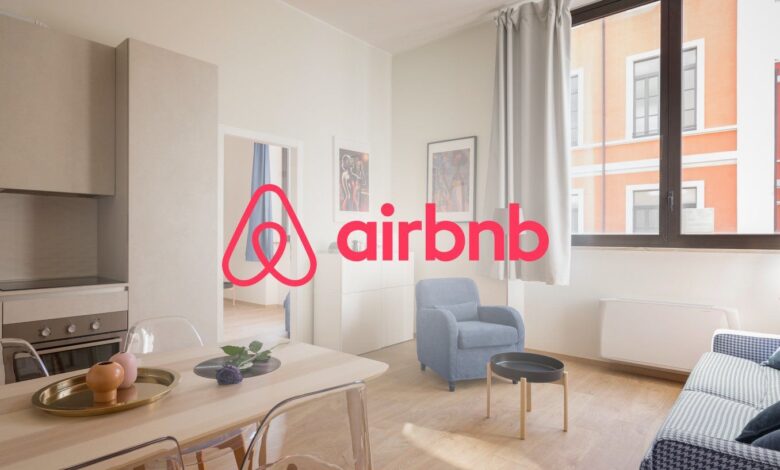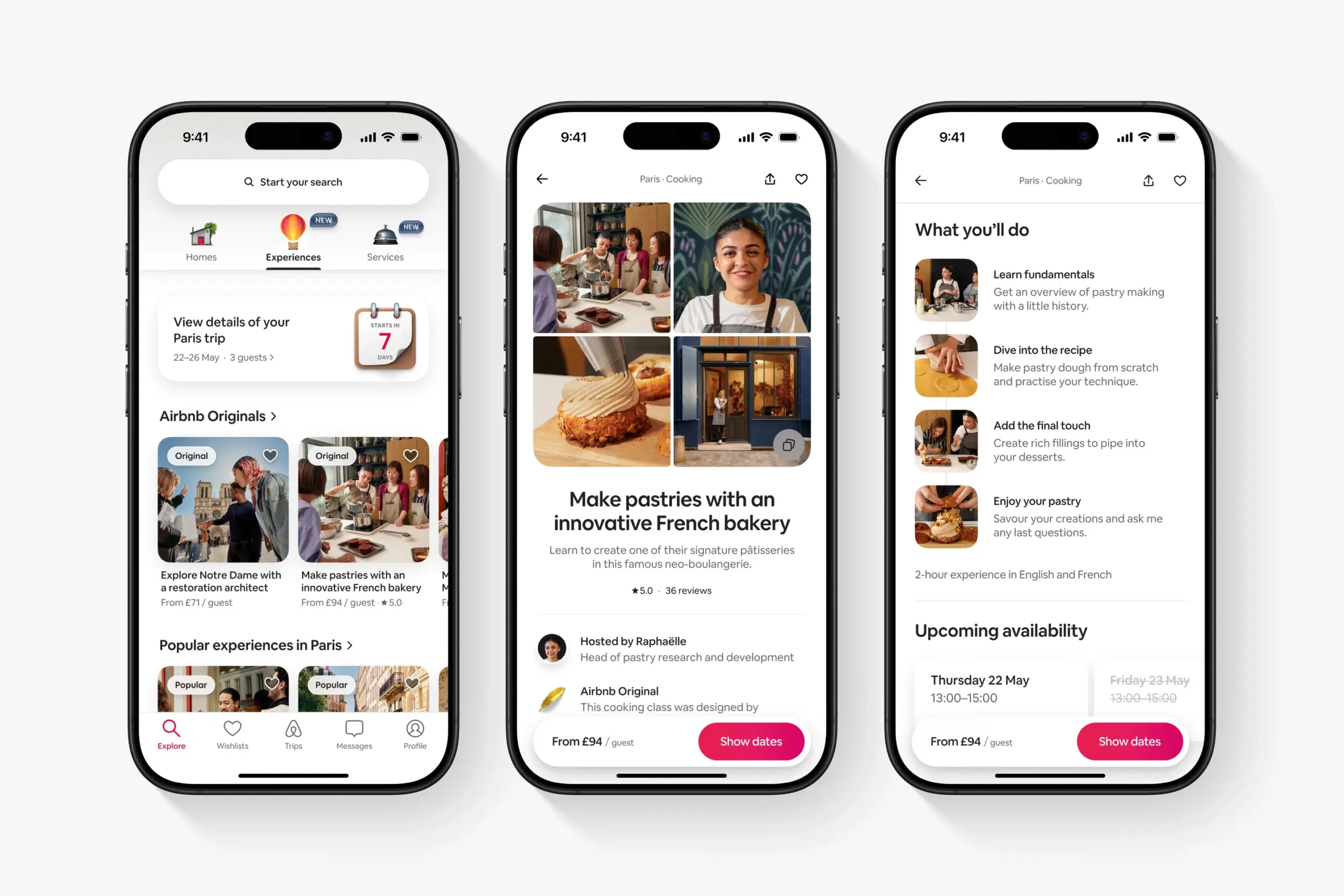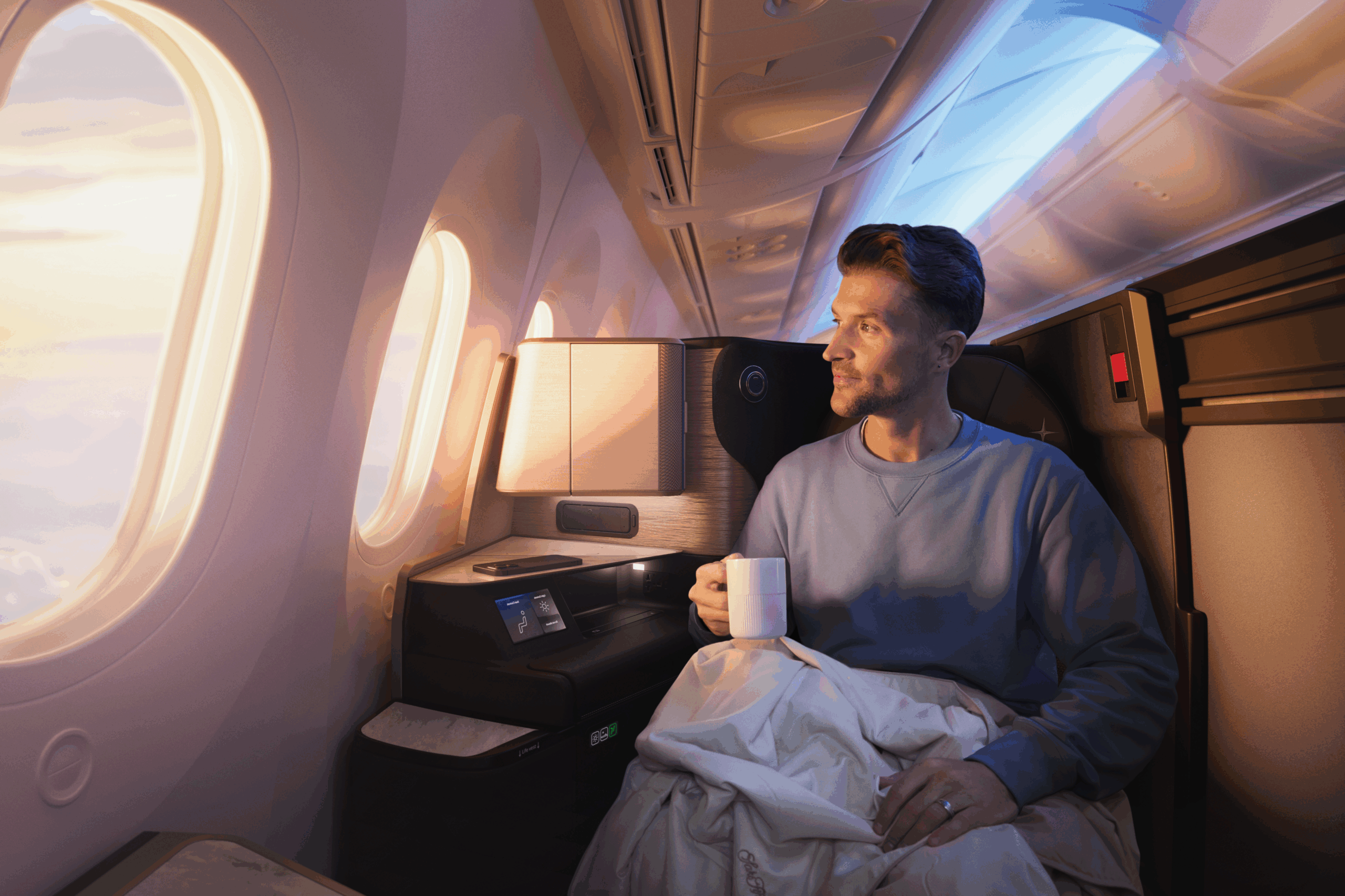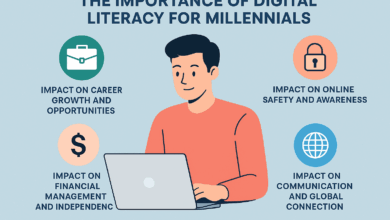Airbnb vs Hotels: How Data-Driven Design Wins Customer Affinity

The war of Airbnb versus hotels is no longer a price or place issue but one of insight. As of 2025, the hospitality industry has ushered in an age of data-driven, personalized, and digital experience. Spearheading the charge towards that transformation is Airbnb, redefining the experience of “being at home” through data-driven design and people-first innovation.
From Service to Experience
Hotels have long been the standard of hospitality by virtue of their standards, consistency, and services. That was disrupted by Airbnb by offering experiences — and not just a room. Unlike the antiseptic hotel setting, Airbnb provides authenticity: a Parisian apartment, Balinese bamboo home, or Costa Rican treetop abode.
This experiential travel shift did not happen overnight. Airbnb surveys massive amounts of user information — from guest behavior to host reviews — to understand what exactly travelers are really looking for. Insights from visits by millions of visitors guide the evolution of how listings are presented, how trust is built, and how online interactions are made more “human.”
The result? Personalized discovery that puts visitors in touch with places aligned with their lifestyle, not their pocketbook.

How Data Drives Design Choices
Airbnb’s site design isn’t just pretty — it’s designed with behavior analysis and machine learning. Each piece of design, each color, and each placement has been backed with A/B testing and user feedback. It understands what type of image generates bookings, the amount of time readers spend reading the reviews, and what language interface seals the deal.
Hotels are catching up, though, with the use of data analytics within the guest experience. AI-enabled booking platforms, dynamic pricing, and loyalty apps are now standard in most chains. But Airbnb’s digital platform — a coexistent blend of UX design, trust mechanisms, and personal recommendations — is still the standard for data-enabled hospitality.
Creating Emotional Loyalty, Not Just Points
Traditional hotels use reward schemes: collect points, gain rewards. But Airbnb focused on emotional loyalty — creating memories through immersion in culture and tailored experience. Data reinforces this by predicting what kind of stay will leave them happiest to their guests.
For instance, Airbnb’s algorithm suggests personalized experiences based on previous browsing, trip lengths, or even seasonality. These micro-signals enable hosts to tailor listings for higher engagement — a double win for all. Emotional engagement, driven by design, is the ultimate retention tool.

The Hybrid Future of Hospitality
Hotels are not disappearing — they’re adapting. Brands like Marriott and Accor have launched their own home-sharing divisions and are redesigning interiors to feel more “local.” Meanwhile, Airbnb is integrating hotel-like standards such as cleanliness guarantees, 24/7 support, and professional photography.
The future awaits to be the convergence of these two universes — structured hospitality infused with data and dynamic travel experiences powered by technology. As design driven by data becomes the new standard, the winners are those who know their customers best — not through surveys, but through real behavioral intelligence.

Concluding Remarks
In the current digital age, one no longer gains loyalty through mere opulence — it’s gained through relevance, customization, and trust. Airbnb’s data-informed design mastery imparts upon it an enormous edge in crafting intimate yet scalable experiences.
While hotels move at lightning speed, Airbnb’s union of design, data, and empathy has redefined the needs of today’s traveler. The future belongs to those who make numbers speak — where every stay is both smart and human.

